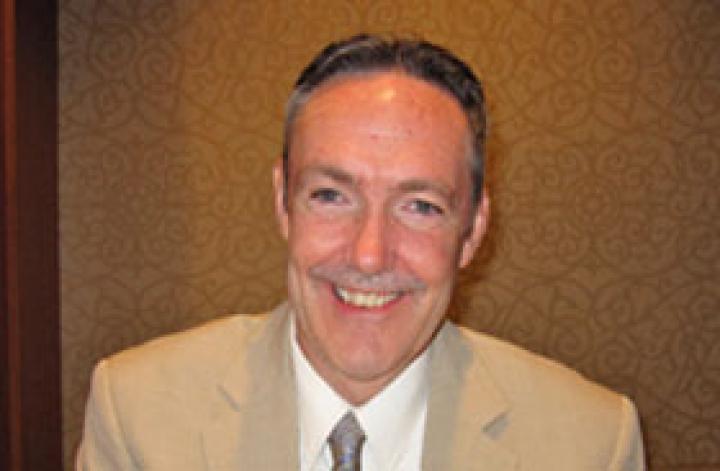New York State’s negotiations with the Centers for Medicare & Medicaid Services are continuing to move forward. Known as the People First Waiver, it is a federal and state plan designed to create stronger person-centered services now and in the future for the people with developmental disabilities who rely on the New York State Office for People with Developmental Disabilities (OPWDD) and voluntary providers for needed supports. The waiver will feature coordinated, comprehensive care to meet the needs and wishes of each individual and outcomes will be measurable to ensure effectiveness.

Gerald Huber, Acting Deputy Commissioner of OPWDD’s Division of Person-Centered Supports, provided some clarity and perspective on the waiver during Premier HealthCare’s recent full-day conference, “Preparing for the People First Medicaid Waiver: Outcomes that Matter.”
“The People First Waiver is about sustaining what we have and adapting to a different population we serve in a different fiscal climate,” Huber said, referring to OPWDD’s increased demand for autism services. “Status quo is just not sustainable.”
To many who have been in the field for decades, preliminary implementation of the waiver, which is expected to begin in 2013, is reminiscent of the days of the deinstitutionalization movement.
“In a lot of ways, the experience of closing institutions enabled effective ways to partner with parents, self-advocates, government and providers,” said Marco Damiani, Senior Director of Clinical and Family Services at YAI. “We believe a lot of good things happen when we develop meaningful partnerships. People have worked hard to manage and coordinate care to ensure a higher quality of life. We’ll all need to work harder again.”
There are many paths to managed care – the 1115 waiver, or 1915 (b) or (c) – are among those are being considered, Huber explained. Regardless of which type of waiver is selected, the goals and objectives will remain unchanged – a managed care system which provides integrated, person-centered supports, establishes greater equity in the system and improves outcomes for people with developmental disabilities.
“This whole issue is more about managing care than managed care,” Huber said.
According to Huber, many states are waiting to see New York State’s pilots before embarking on their own managed care system. “We have the opportunity to develop a unique managed care platform," Huber added.
